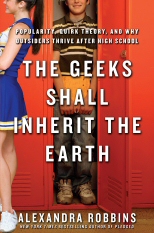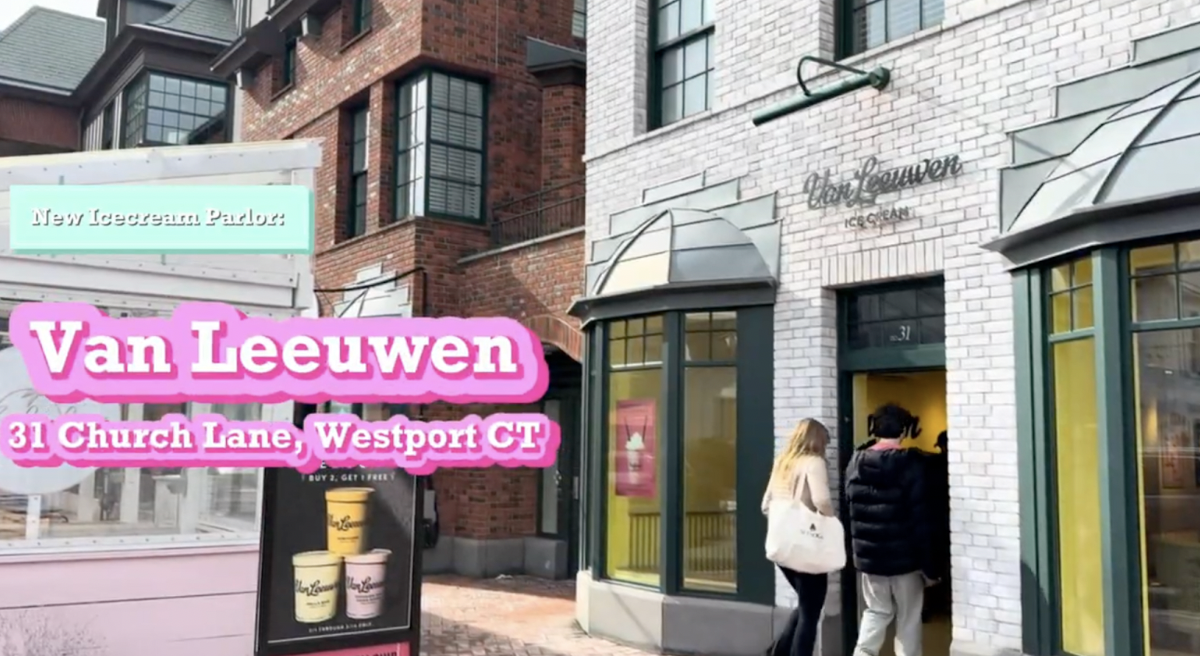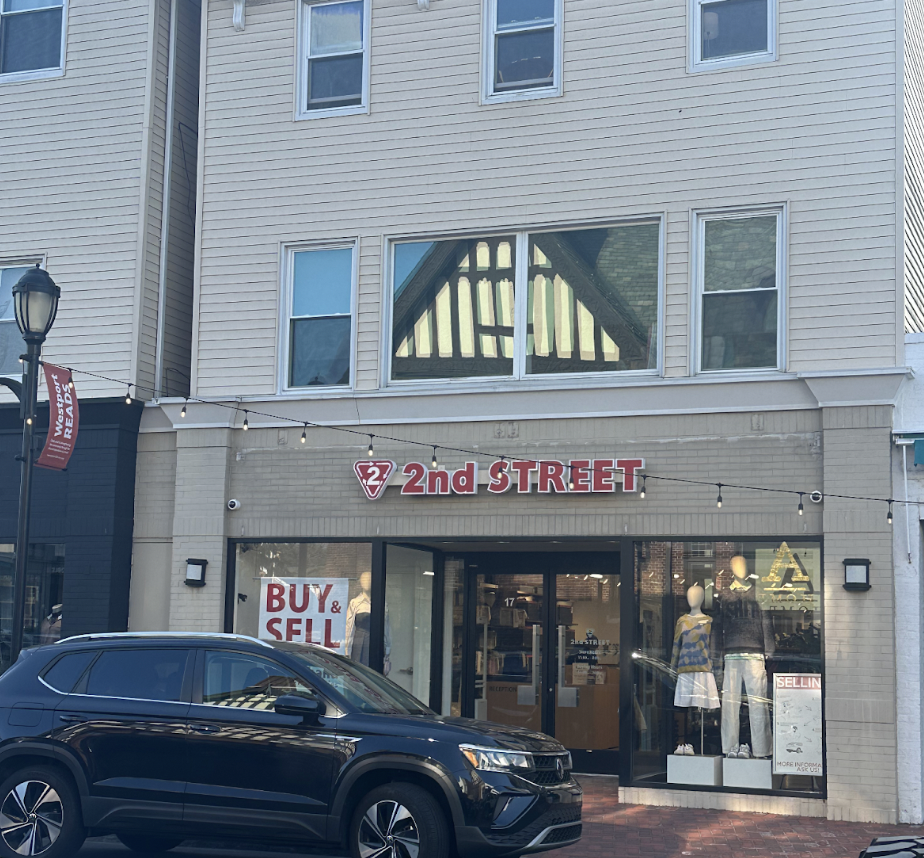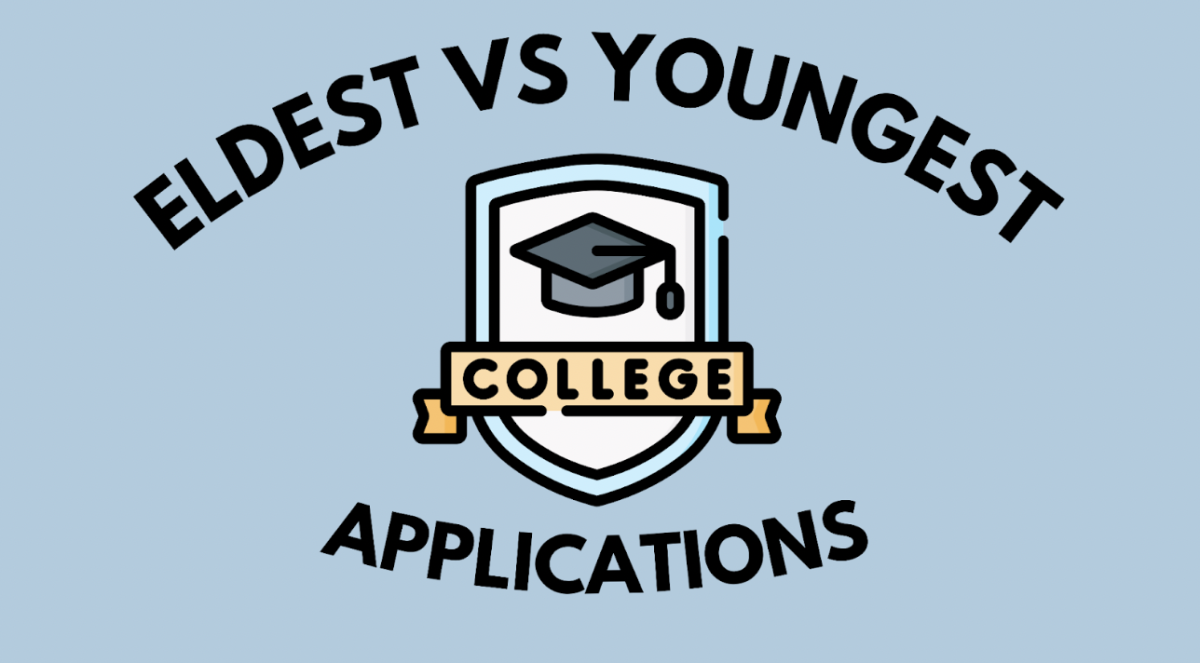As a high school newspaper veteran, the Editor-In-Chief of Walt Whitman’s newspaper, it seemed only natural for Alexandra Robbins to become a writer. And now, her fifth book, The Geeks Shall Inherit the Earth: Popularity, Quirk Theory, and why Outsiders Thrive After High School, combines both her high school experiences and investigative reporting.

“The book is about the secrets of people who are popular and the triumph of people who are not,” Robbins said.
For one year, Robbins followed six high school students around, each part of a very different social group, to try to figure out what the key to popularity is, and why some students are ostracized.
“People tell students that things will get better, that someday after graduation people will appreciate and relate to them. But they aren’t usually able to explain to students why that is. This book explains why,” Robbins said.
This isn’t Robbins’ first time analyzing a social situation. Two of her other best-selling books, Pledged, and Over-Achievers, both have a similar concept behind them.
Pledged chronicles the lives of sorority sisters but what makes the book really stand out is Robbins’ dedication. She disguised herself and went undercover to truly understand their lives. She says she “would have loved to” disguise herself again for The Geeks, but she doesn’t think that she could pass for a high school student anymore.
Robbins describes The Geeks as a hybrid of current popular show Gossip Girl with Judd Apatow’s short-lived series Freaks and Geeks, with a bit of MTV’s hit show Made thrown in for good measure. Robbins promises the reader plenty of surprise with a plot twist in the middle of the book.
Robbins says she has been able to keep in close touch with all of the six high-schoolers she followed, adding that she is “visiting a Geeks character in a couple of days.”
A main point of The Geeks is Robbins’ “quirk theory,” which she defines as “many of the differences that cause a student to be excluded in school are the same traits or skills that others will admire or respect about that person in adulthood and outside of the school setting.”
“I want students to know that being excluded by high schoolers doesn’t mean anything’s wrong with you. In fact, it may be a sign that you’re going to be an extraordinary adult,” Robbins said.











































